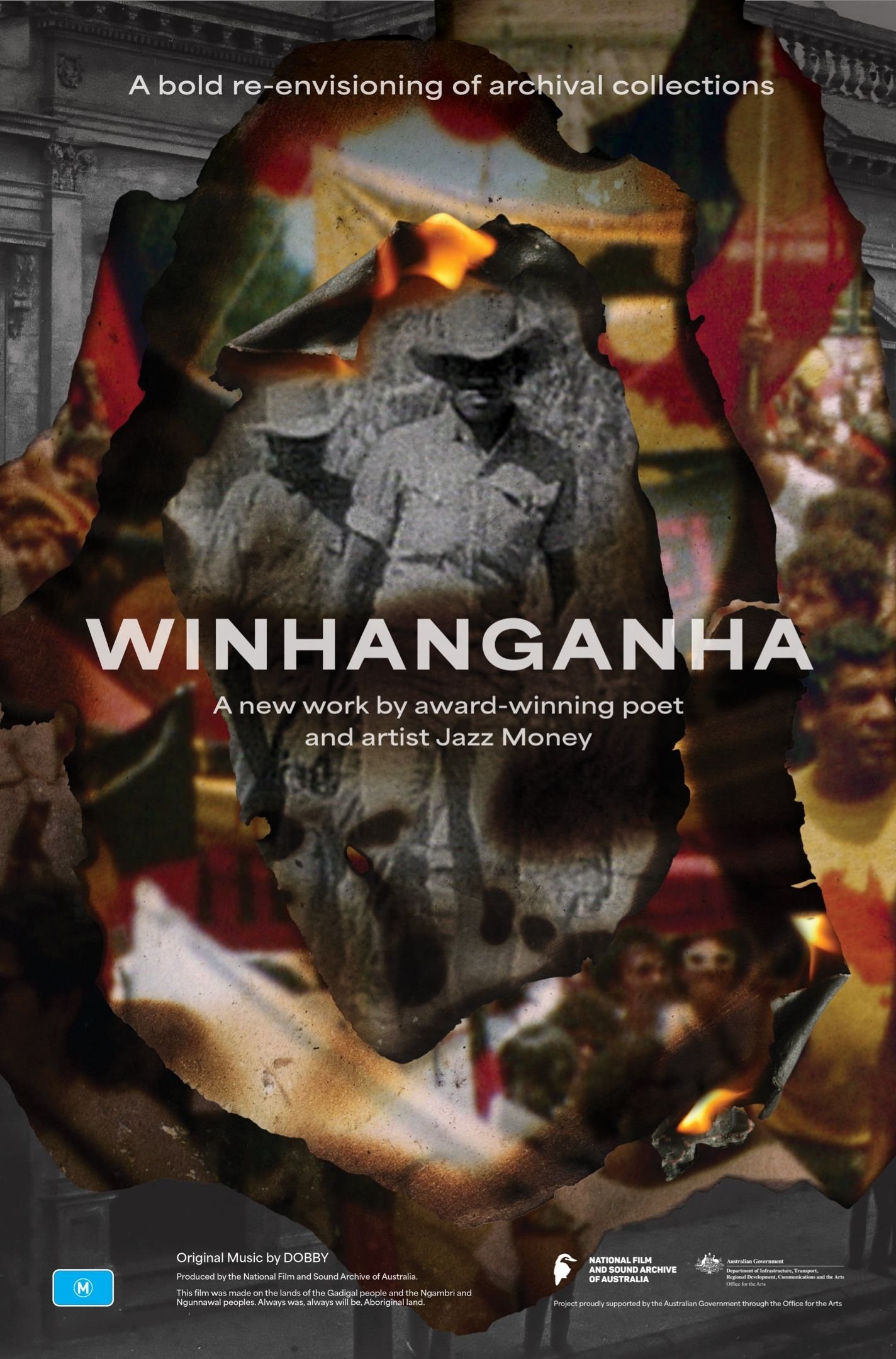
WINHANGANHA (Wiradjuri language: Remember, know, think) - is a lyrical journey of archival footage and sound, poetry and original composition. It is an examination of how archives and the legacies of collection affect First Nations people and wider Australia, told through the lens of acclaimed Wiradjuri artist, Jazz Money.
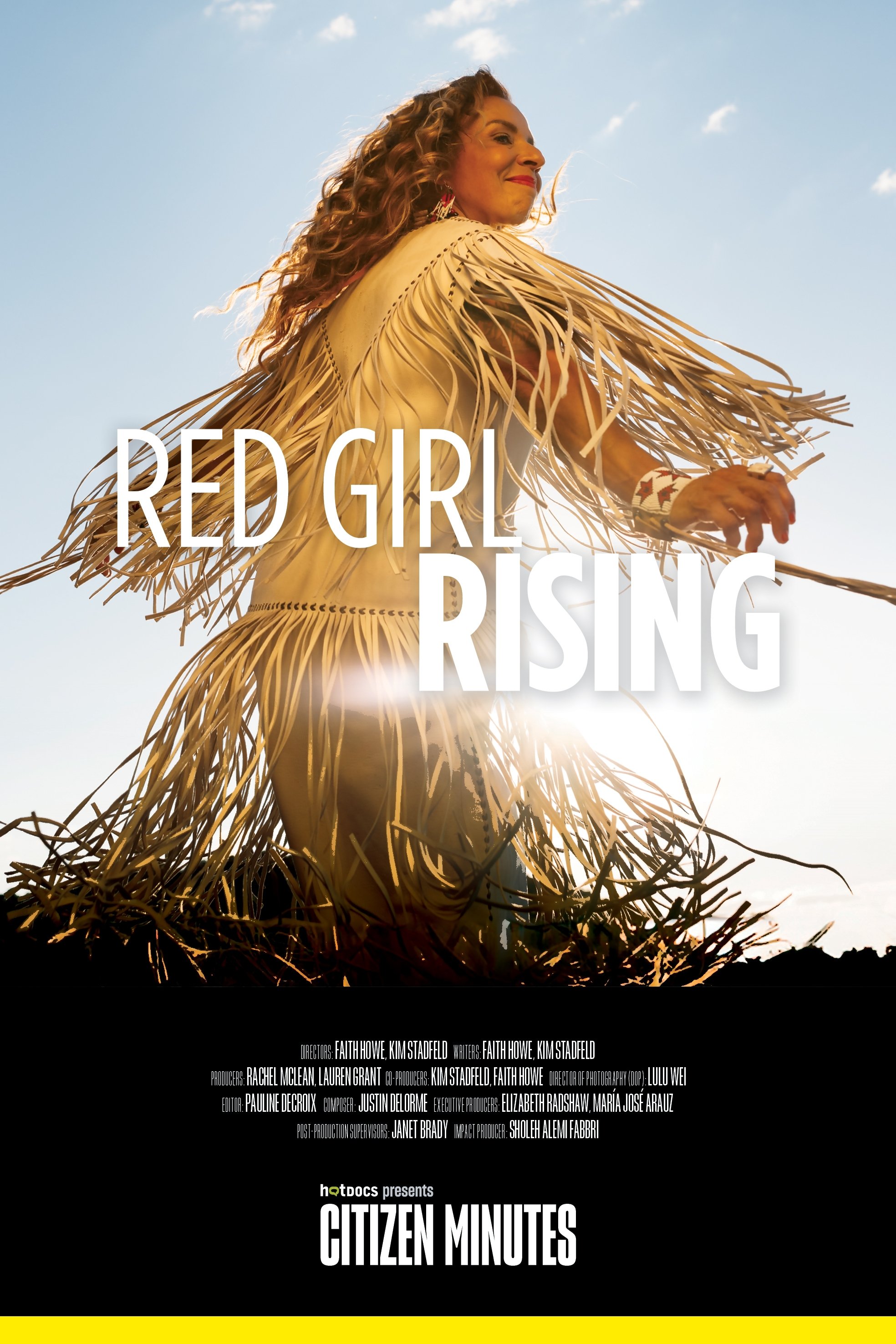
Joyce Jonathan Crone—Mohawk matriarch, retired teacher, activist, humanitarian—reaches forward into her community of Huntsville, Ontario, opening hearts and bridging gaps for Indigenous education.

Cree matriarch Aline Spears survives a childhood in Canada’s residential school system to continue her family’s generational fight in the face of systemic starvation, racism, and sexual abuse. She uses her uncanny ability to understand and translate codes into working for a special division of the Canadian Air Force as a Cree code talker in World War II. The story unfolds over 100 years with a cumulative force that propels us into the future.
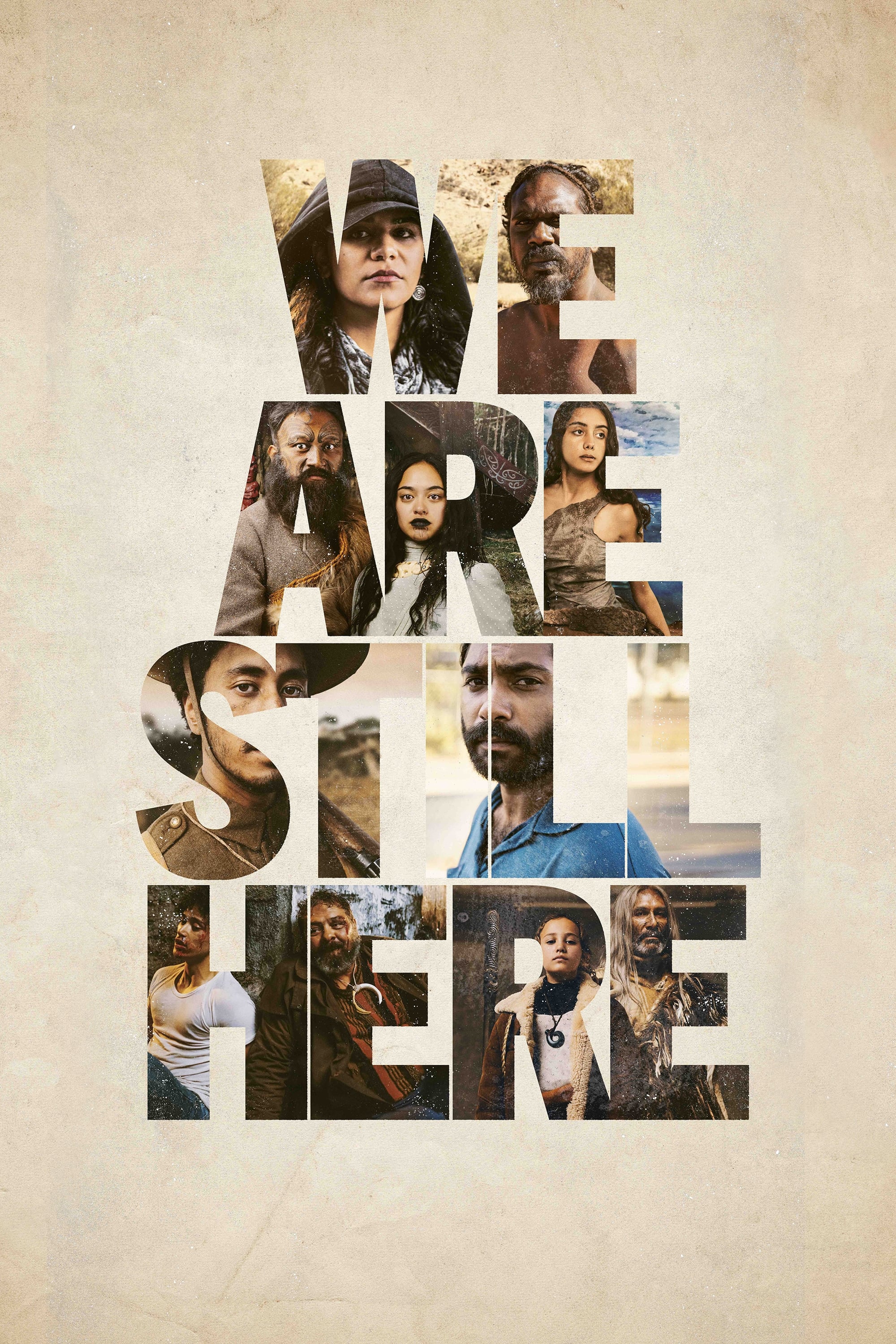
In a sweeping tale that spans 1000 years and multiple generations – from the distant past to the 19th century, the present day and a strange, dystopian future – this landmark collection traces the collective histories of Indigenous peoples across Australia, New Zealand and the South Pacific. Diverse in perspective, content and form, traversing the terrain of grief, love and dispossession, they each bear witness to these cultures’ ongoing struggles against patriarchy, colonialism and racism.
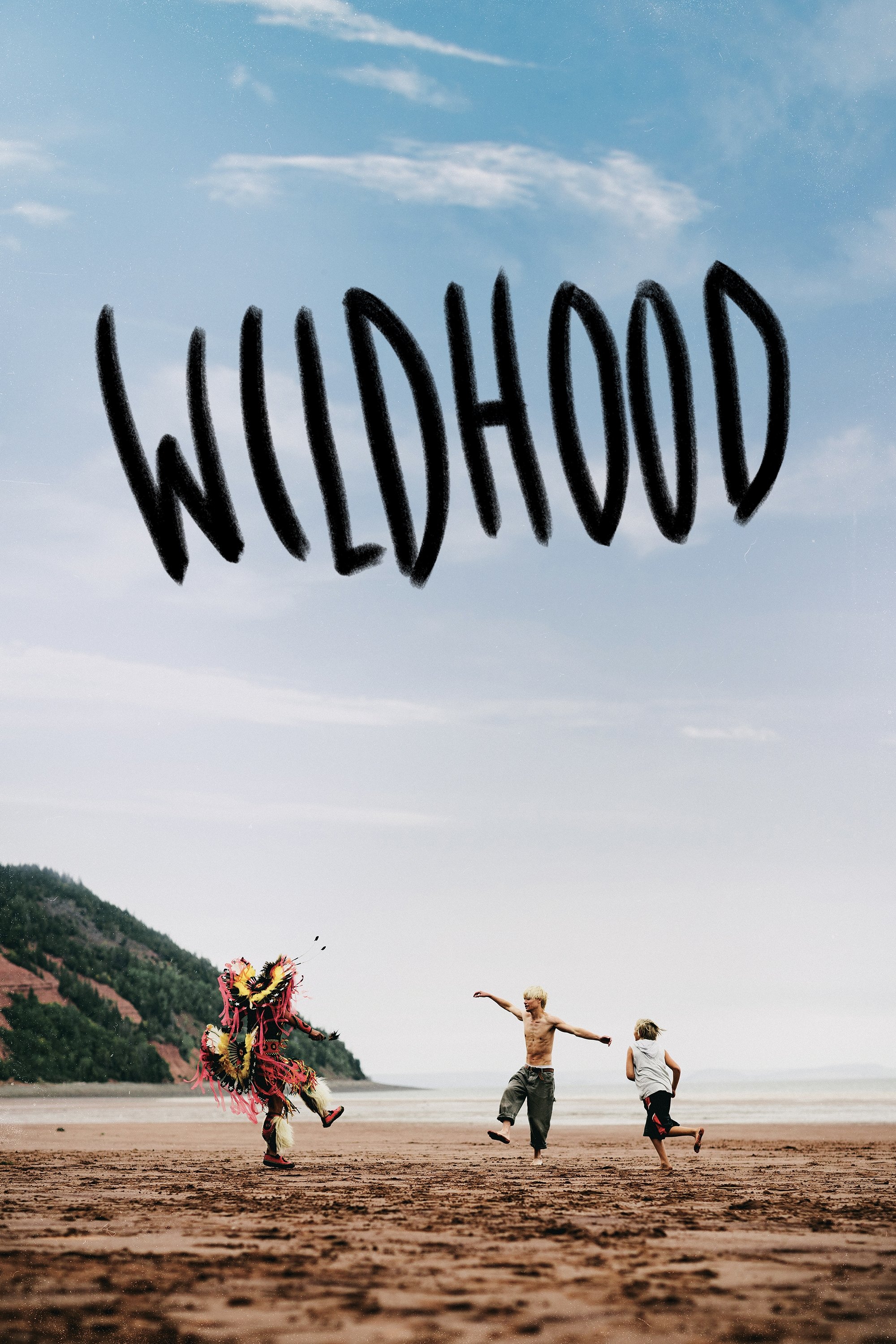
Link and his brother flee their abusive father and embark on a journey where Link discovers his sexuality and rediscovers his Mi’kmaw heritage.
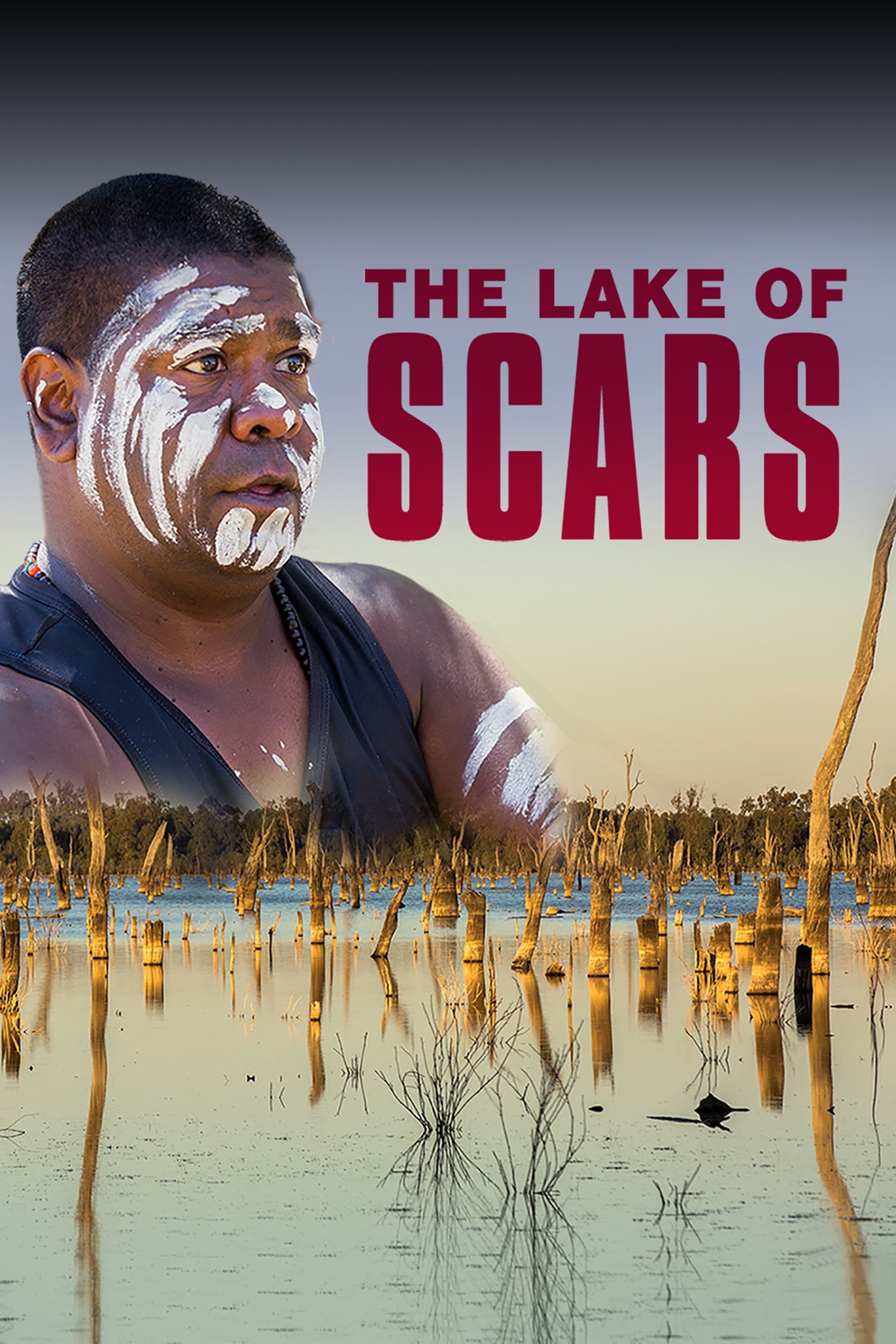
In a corner of regional Victoria exists a place of astounding natural beauty, archaeological significance and age-old culture. But the Indigenous scarred trees and artefacts found here are at risk. With the blessing of the local Dja Dja Wurrung People, white horticulturist Paul Haw has made it his mission to care for Lake Boort and its surrounds.
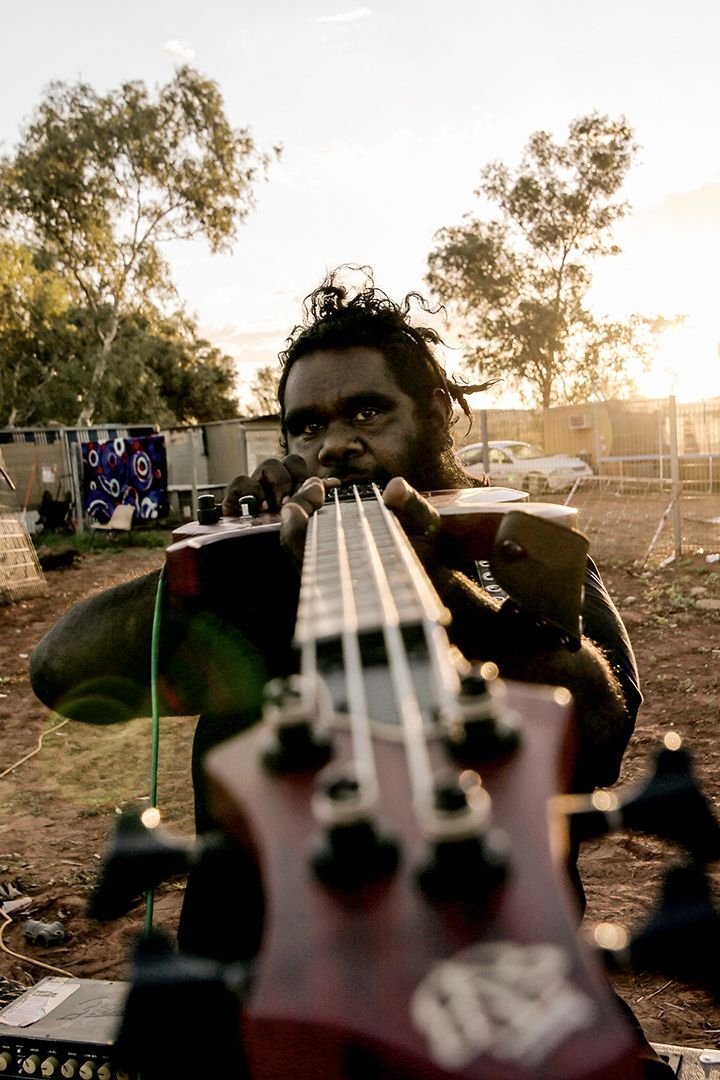
The most isolated metal band in the world, Southeast Desert Metal, and their Aunty Kathleen, share ancient Arrernte culture with the world through song and painting.
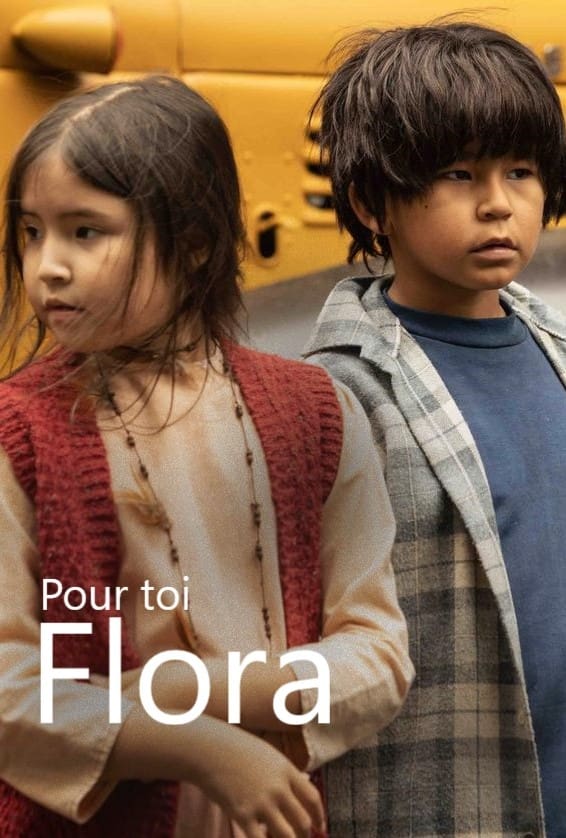
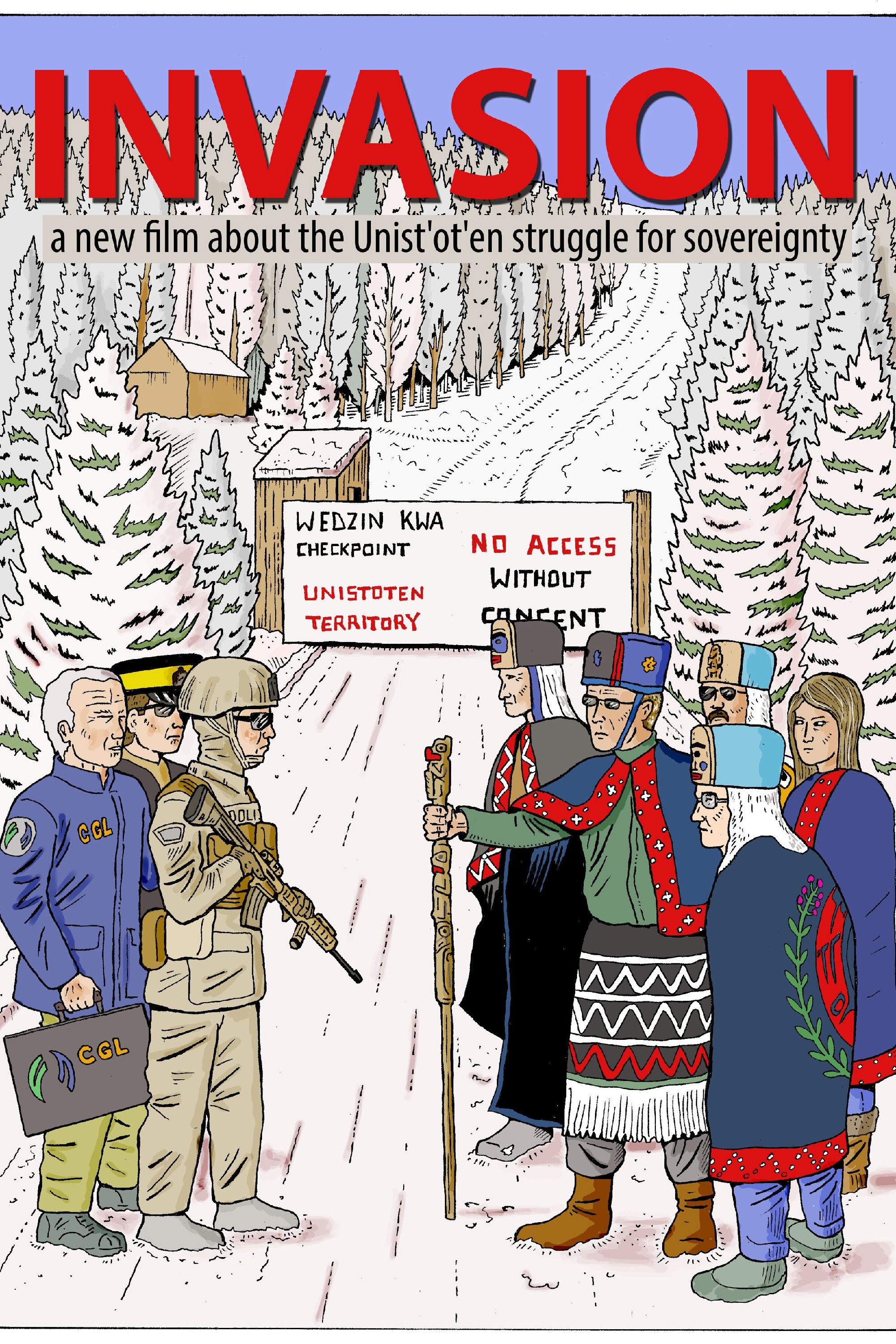
In this era of “reconciliation”, Indigenous land is still being taken at gunpoint. Unist’ot’en Camp, Gidimt’en checkpoint and the larger Wet’suwet’en Nation are standing up to the Canadian government and corporations who continue colonial violence against Indigenous people. The Unist’ot’en Camp has been a beacon of resistance for nearly 10 years. It is a healing space for Indigenous people and settlers alike, and an active example of decolonization. The violence, environmental destruction, and disregard for human rights following TC Energy (formerly TransCanada) / Coastal GasLink’s interim injunction has been devastating to bear, but this fight is far from over.
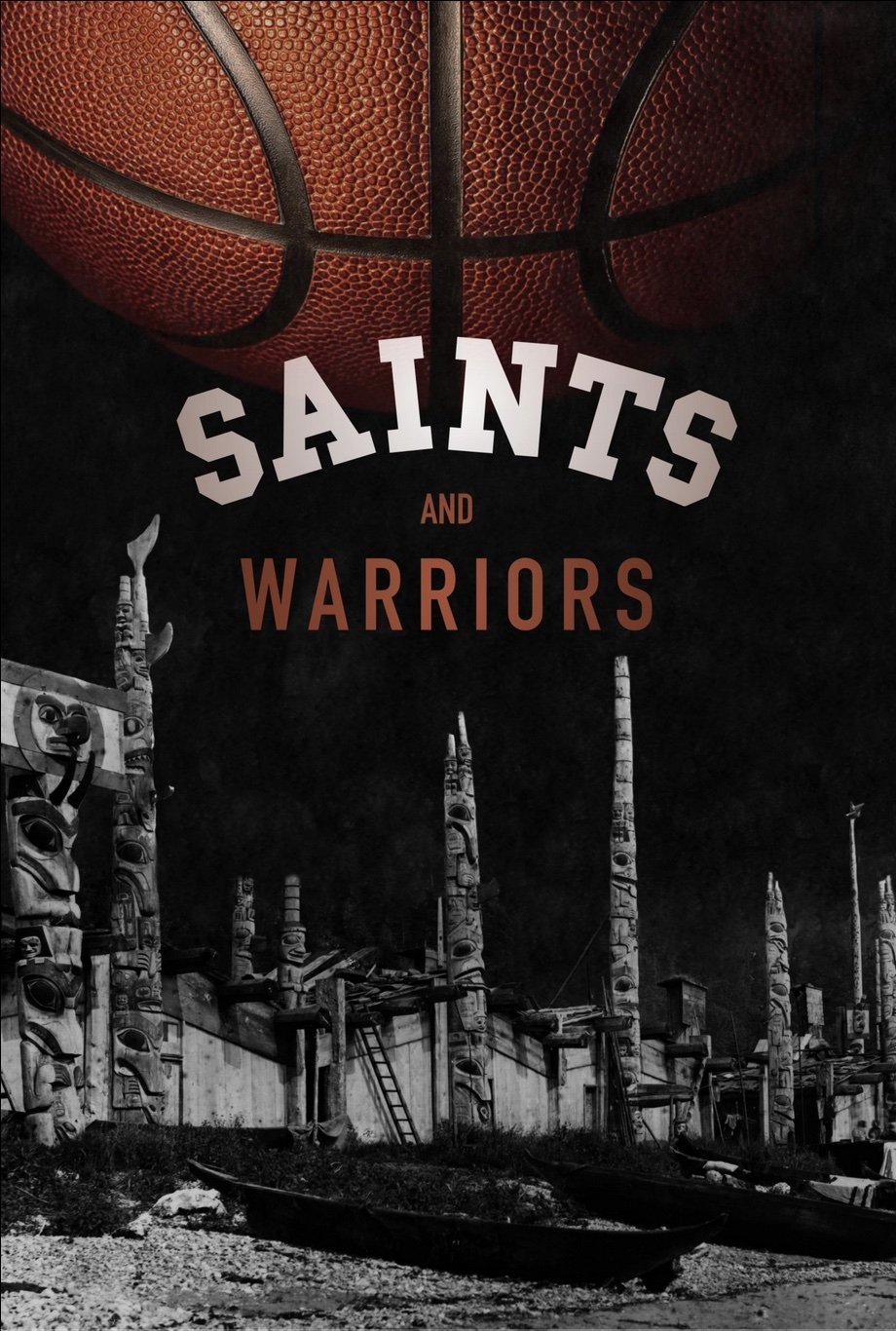
Throughout the course of the Haida basketball season, leaders of iconic rez ball team the Skidegate Saints compete for two titles - defending their All Native Basketball Championship, while also battling for title to their land and waters with the government that stole it from them with the Indian Act.
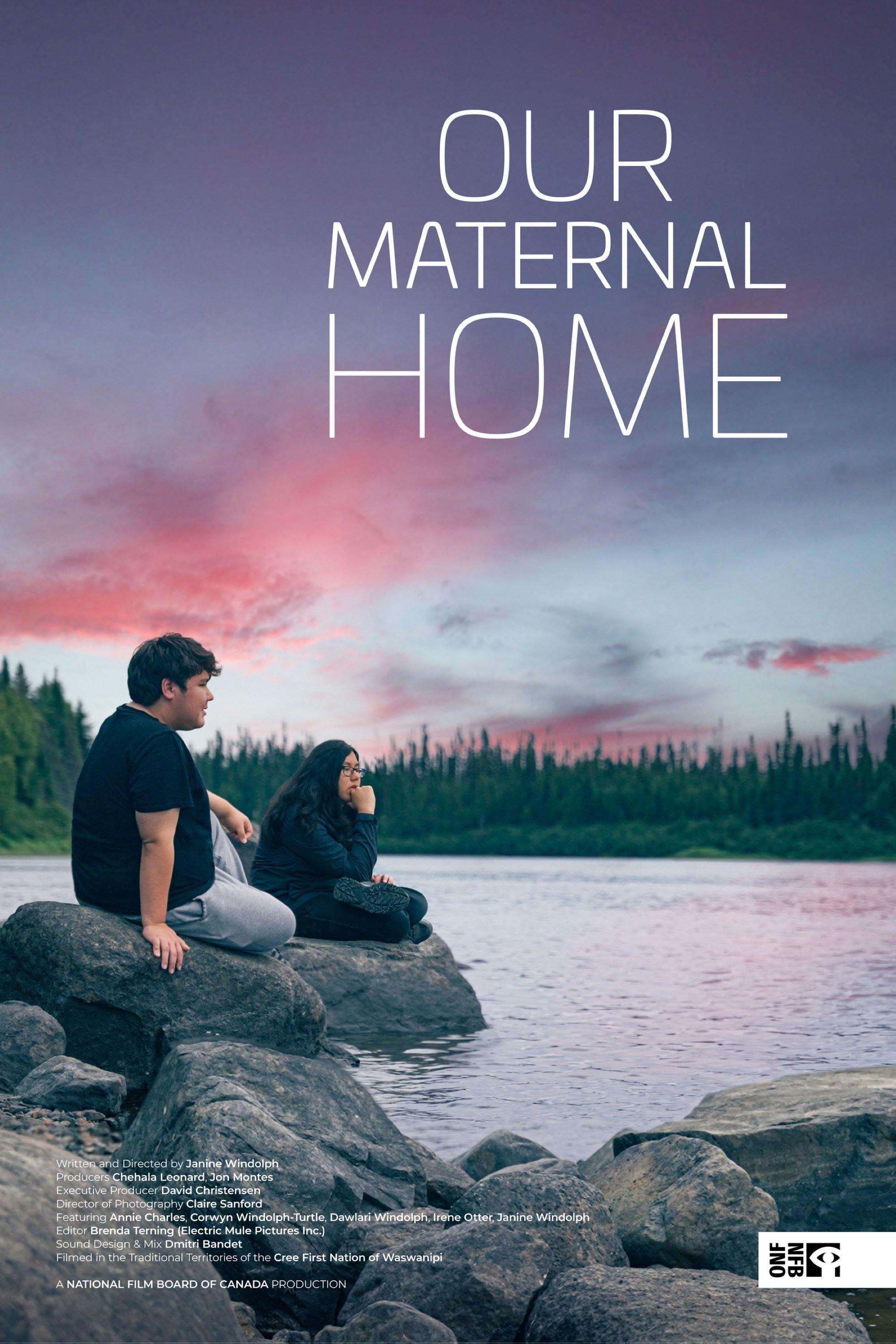
Filmmaker and educator Janine Windolph ventures from Saskatchewan to Quebec with her two teens and younger sister, tracing their familial origins to the Cree First Nation of Waswanipi. Against the scenic backdrop of these Traditional Lands, Elders offer newfound interdependence and hands-on learning, transforming this humble visit into a sensory-filled expression of reclamation and resilience. Our Maternal Home lovingly establishes a heart-centred form of resistance to confront and heal from the generational impacts of cultural disconnection, making space for what comes next.
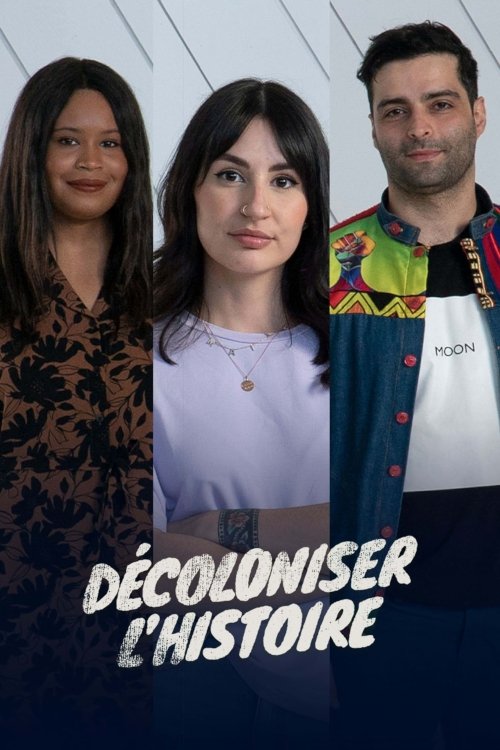
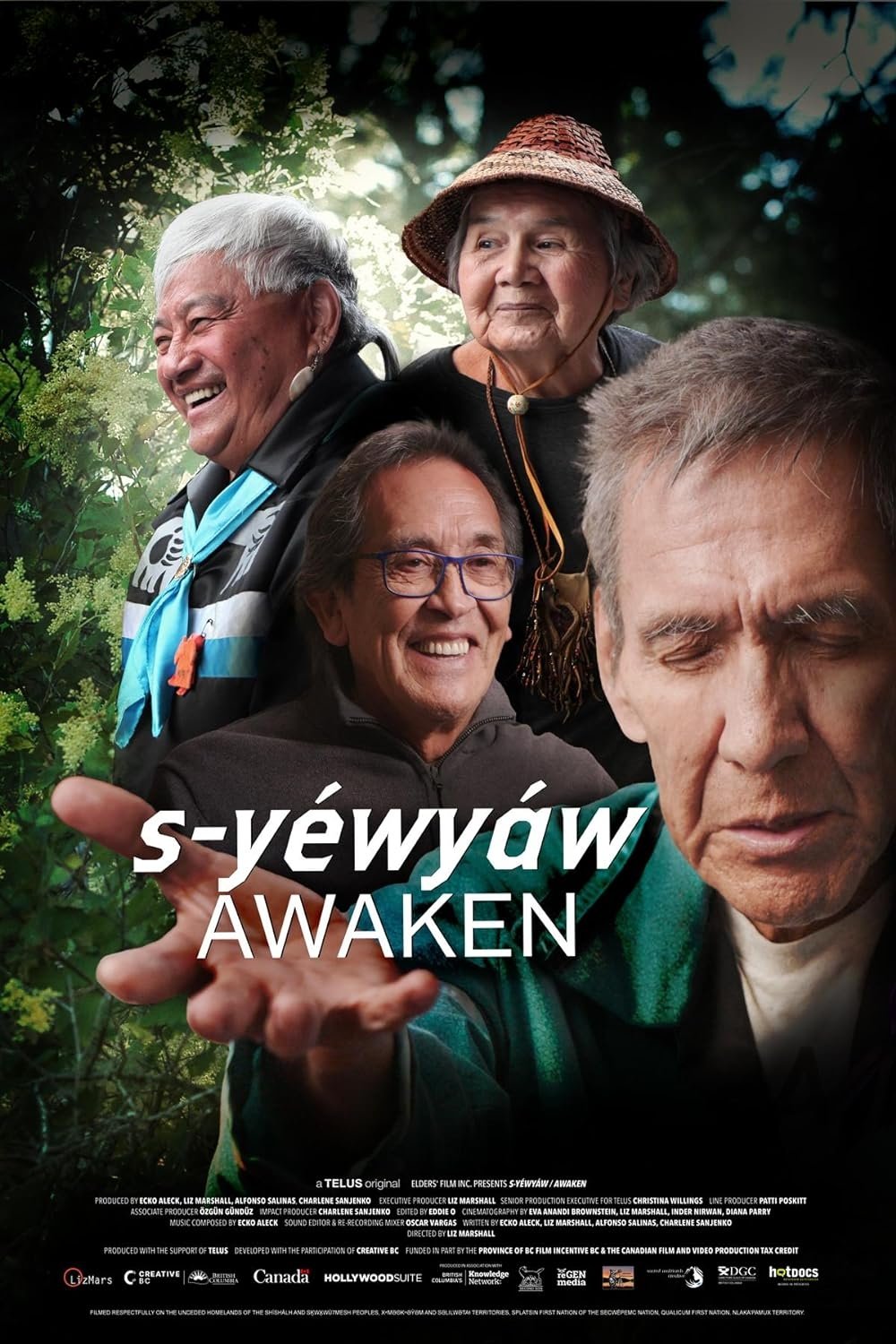
Stories of hope and homecoming intersect as Indigenous multimedia changemakers learn and document the teachings of their Elders. Ecko Aleck of the Nlaka'pamux Nation (Lytton, BC,) Alfonso Salinas of the shíshálh Nation (Sunshine Coast, BC,) and Charlene SanJenko of Splatsin of the Secwépemc Nation (Shuswap, BC,) are learning and documenting the traditional cultural teachings and legacies of their Elders, including the impacts of genocide resulting from Canada's Indian Residential School (IRS) system. Calling the audience's attention to the filmmaking process of narrative collaboration between an Indigenous and settler team, this character-driven documentary connects the transformative stories of three Indigenous multimedia changemakers and their four Elders. Infused by Indigenous ceremony, s-yéwyáw: Awaken walks alongside the process of intergenerational healing.
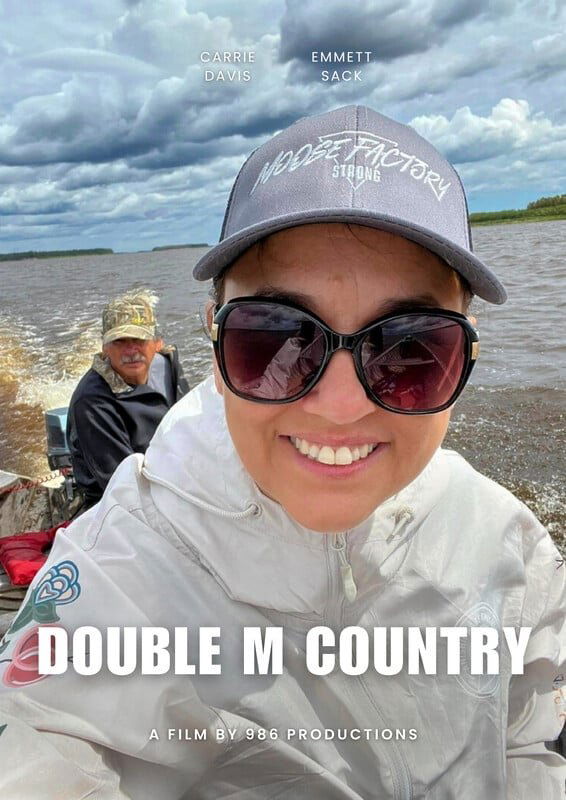
Carrie Davis was part of the child removal system near the end of the Sixties Scoop. With guidance from her uncle Emmett Sack and the community, Carrie reconnects to their land, language, and culture.
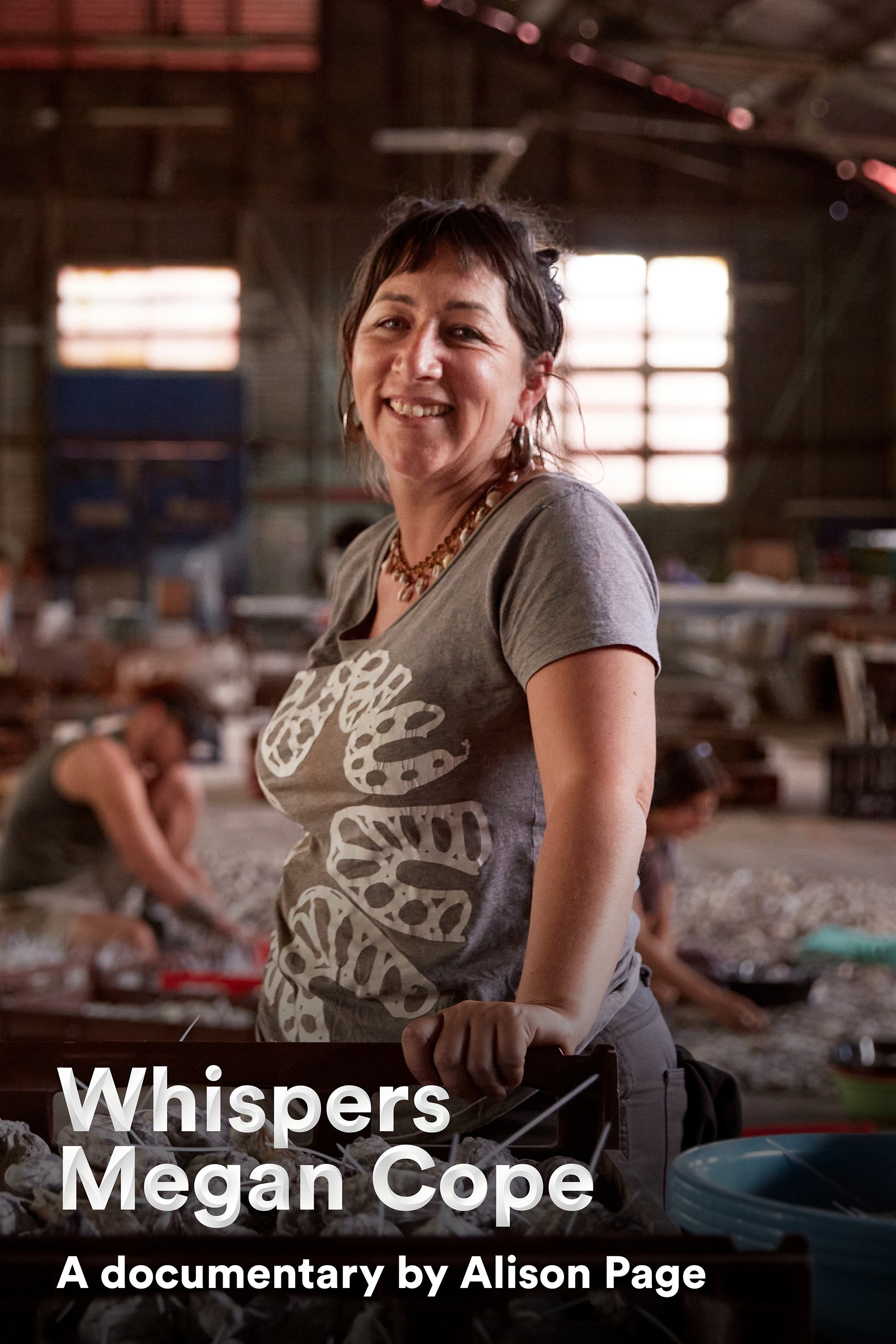
A documentary short which follows follow Quandamooka artist Megan Cope in the creation of her work 'Whispers' and the lead up to the opening of the exhibition at Sydney Opera House in 2023.

During a training exercise in an abandoned open-pit mine, a crew of Canadian astronauts are interrupted by an Atikamekw elder, who asks them to deliver an important message to the spirit of his community on the moon.
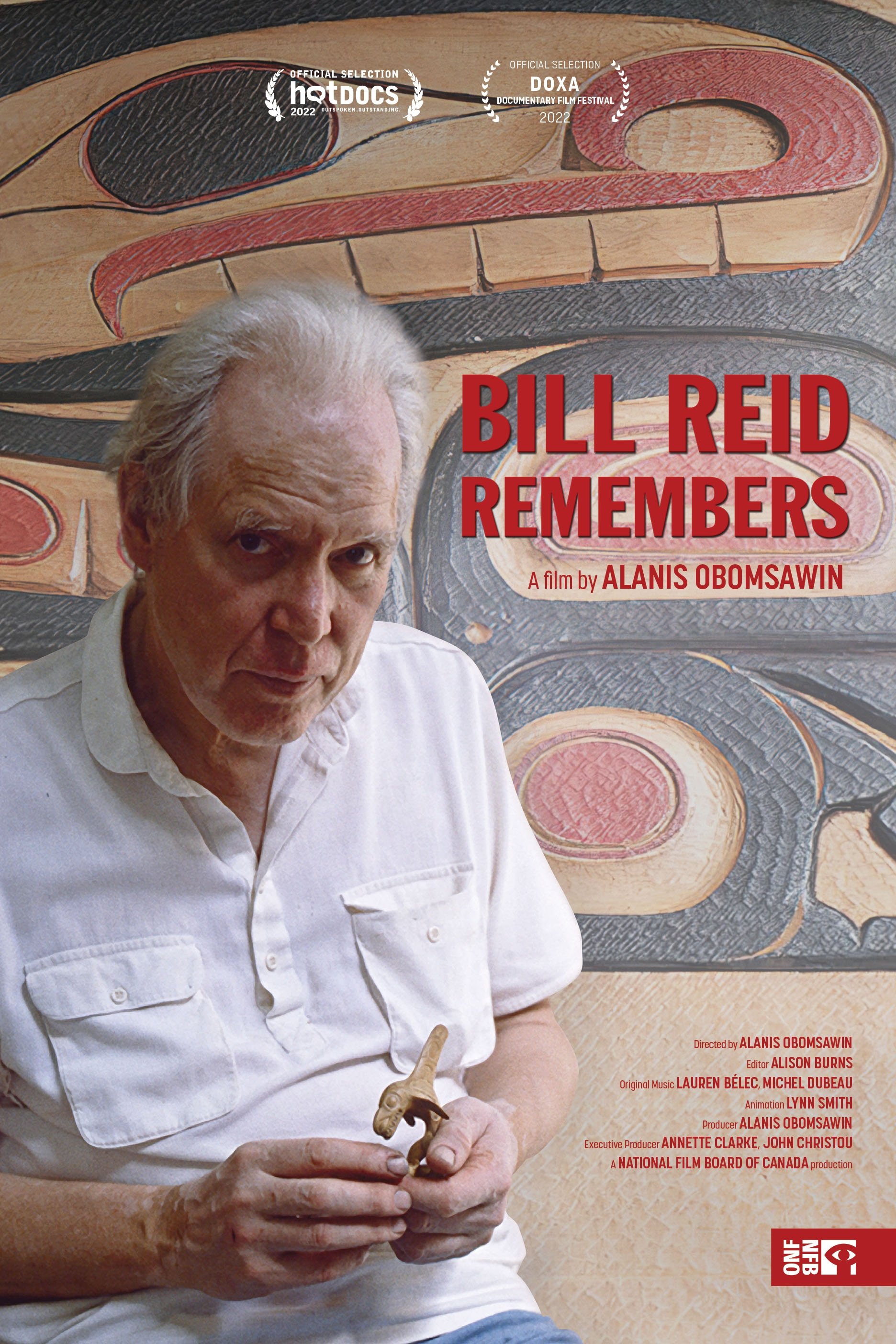
Renowned Haida artist Bill Reid shares his thoughts on artistry, activism and his deep affection for his homeland in this heartwarming tribute from Alanis Obomsawin to her friend's life, legacy and roots.
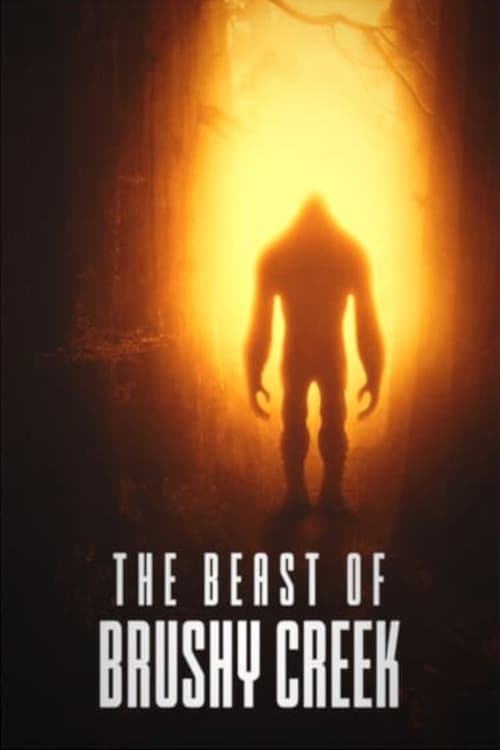
This doc investigates the odd occurrences that have happened for decades at a creek in Texas, which was an Ancient Native American burial ground.

After learning that her real father is in prison for killing the mother she never knew and furious at having been lied to all her life, 16-year-old Isla Wallis runs away to the remote mining town where she was born. There, she learns of a series of horrific murders of First Nation women that may be ties to her mother's death. With the help of Tina, a street-smart local, Isla starts to uncover the shocking truth behind these brutal crimes.
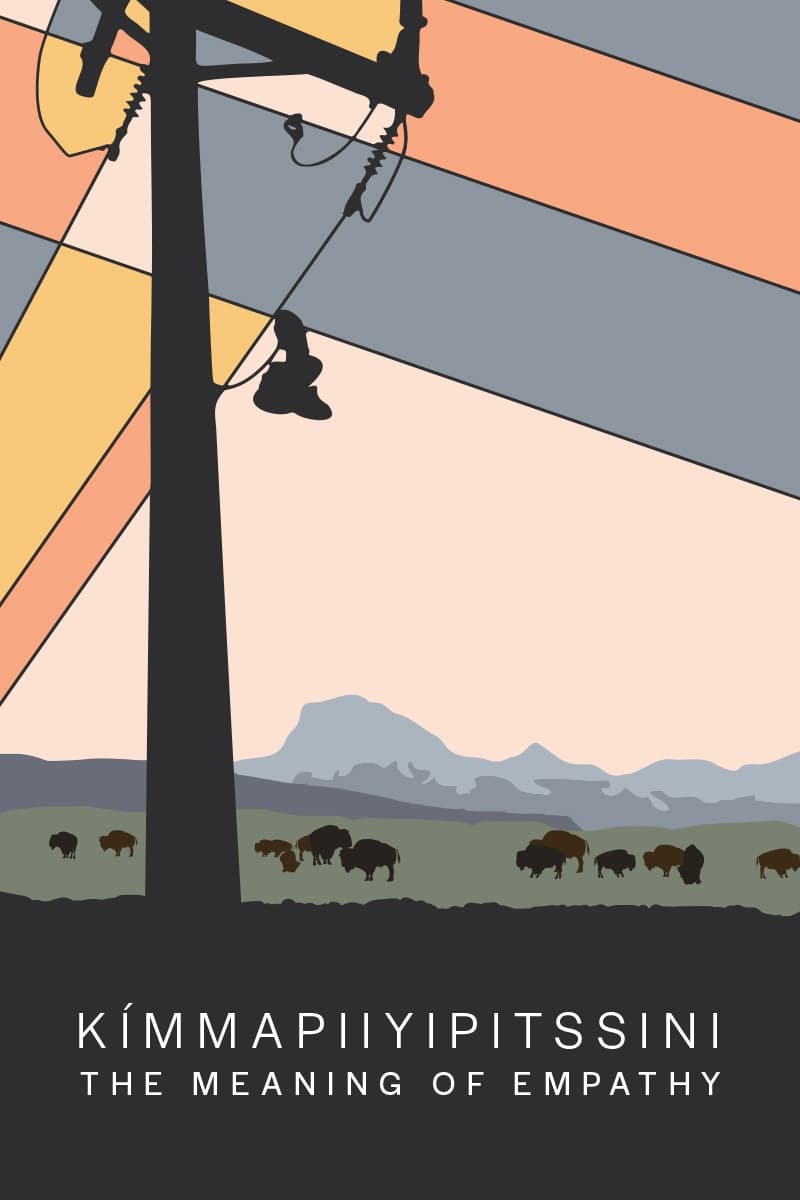
Follow filmmaker Elle-Máijá Tailfeathers as she creates an intimate portrait of her community and the impacts of the substance use and overdose epidemic. Witness the change brought by community members with substance-use disorder, first responders and medical professionals as they strive for harm reduction in the Kainai First Nation.
By browsing this website, you accept our cookies policy.